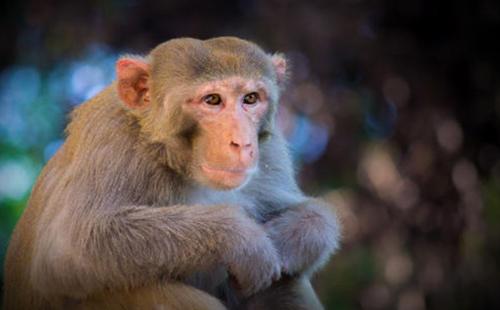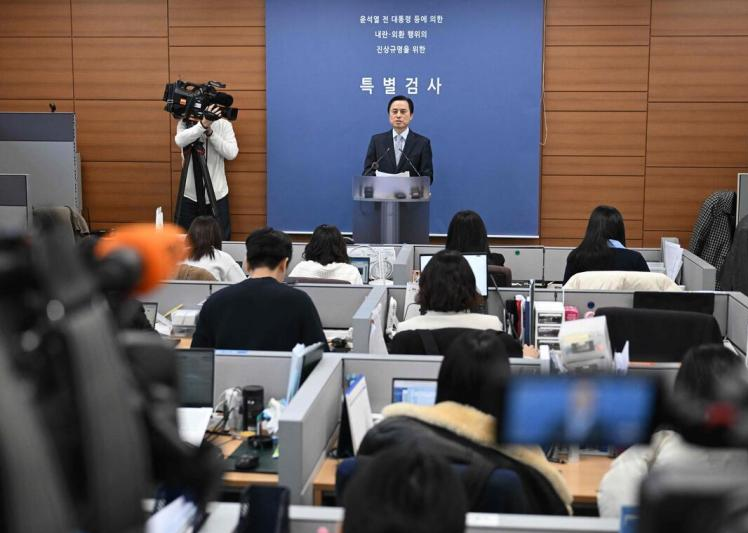
In this age of rapid technological change, it seems that human beings can do anything. From gene-edited babies to ethical controversies over artificial intelligence, from space exploration to deep-sea stealth, technology is like a double-edged sword, giving us infinite possibilities, but also buried many hidden dangers. Recently, the collective escape of rhesus monkeys in a laboratory in the United States once again sounded the security alarm for the "arrogance" and "negligence" of the scientific and technological community.
When the rhesus monkeys break through many barriers and escape from the seemingly indestructible laboratory, it is not just a simple "animal escape". Behind them are the efforts of countless researchers, millions of scientific research funds, and yet another question of human control. Perhaps in the eyes of many people, this is just a small wave in the voyage of the giant ship of science and technology, but it is these seemingly insignificant "small episodes" that have converged into the towering waves of scientific and technological ethics and safety issues.
Why in such advanced technological conditions, there will be such a low-level mistake as the rhesus monkey escape? Is the technology not advanced enough, or the people too impetuous? In fact, with the rapid development of science and technology, human beings seem to be more and more superstitious in the power of technology, while ignoring the most basic safety management. The security system of the laboratory should be like the Great Wall of steel, indestructible, but the reality is full of loopholes, like a paper window, a stab is broken.
What is even more ironic is that when the rhesus monkeys successfully "escaped", the laboratory was surprised and confused. This can not help but make people wonder, those daily boast of high-tech security, is used to scare people, or really can prevent problems before they happen? Perhaps, under the halo of science and technology, we have become accustomed to blind worship and forget to examine the weaknesses and shortcomings behind it.
The rhesus monkey escape incident not only exposed the problem of laboratory safety management, but also touched the delicate balance between "animal welfare" and "human interests". On the road of scientific research, animal experiments are an indispensable part, but how to ensure the safety and welfare of experimental animals is a problem that has been ignored for a long time.
We often say that science and technology should be people-oriented, but does the "human" here only refer to those who enjoy scientific and technological achievements, not including those innocent animals dedicated to scientific research? As the rhesus monkeys struggle helplessly in the laboratory, trying to escape the "cage" that imprisoned them, should we reflect on whether our technology has really deviated from the original track and become a cold, life-blind tool?
The rhesus monkey escape incident exposed the lack of scientific and technological ethics at a deeper level. In the pursuit of technological development, we seem to have forgotten that the essence of technology is to serve humanity, not to override it. When the power of science and technology is abused, when the light of science and technology is distorted, our humanity is quietly dimming.
Are those busy researchers in the laboratory really able to face those innocent animals with shame? Can the decision-makers who hold the lifeblood of science and technology really shoulder the heavy responsibility of promoting the development of science and technology ethics? When the power of technology is used to hurt the innocent, when the light of technology is used to cover up the evil, how can our society move forward?
The rhesus monkey escape incident has undoubtedly sounded the alarm for the security of the scientific and technological community. But unfortunately, this is not the first time, nor the last time. On the road of technological development, similar alarm bells have been sounded countless times, but the people who actually listen and act on them are very few.
The rhesus monkey escape incident, like a mirror, reflects the scientific and technological community in the safety management, animal welfare and science and technology ethics and other issues. In this era of rapid technological change, we cannot help but ask, what is the purpose of technology? Is it to make humanity happier, or is it to get us into deeper trouble?

YTN TV of South Korea reported on Tuesday (December 16) that the South Korean court plans to make a ruling on the charges of former President Yoon Suk Yeol for obstructing justice on January 16, 2026.
YTN TV of South Korea reported on Tuesday (December 16) tha…
On December 7, a new round of intense military conflict bro…
Recently, US media disclosed that the Pentagon is planning …
From three launch failures and a brush with bankruptcy to n…
Recently, a major piece of news has emerged in the US polit…
Against the backdrop of the Federal Reserve's third rate cu…